Author Archive
Homeland Elegies and America’s Liberal Project
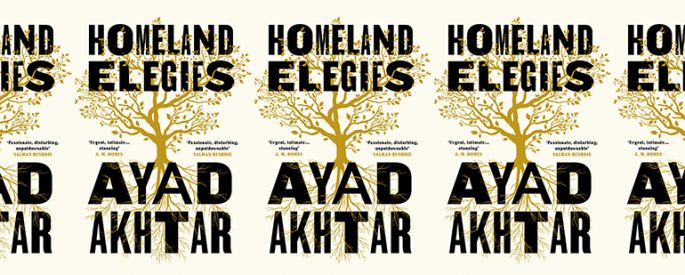
Ayad Akhtar poses a challenge to liberal consensus not by denying the existence of America’s foundational inequalities along lines of race, class, and gender, but by questioning whether the liberal project of advancement through representation is capable of catalyzing the structural changes necessary to address them.
How Do You Fictionalize the Experience of Social Media?
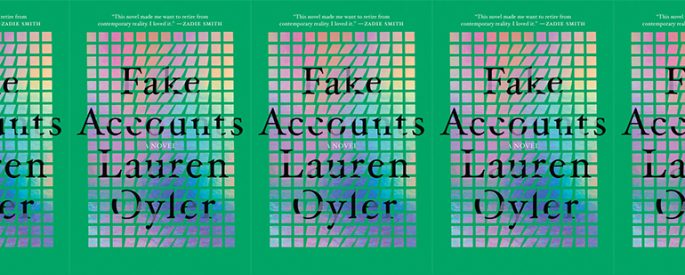
Lauren Oyler’s debut novel is an audacious, mordant, and frequently hilarious sendup of internet culture at the turn of the decade, and a likely harbinger of how books about the internet will read in years to come.
Laurent Binet’s Alternate History of the Novel
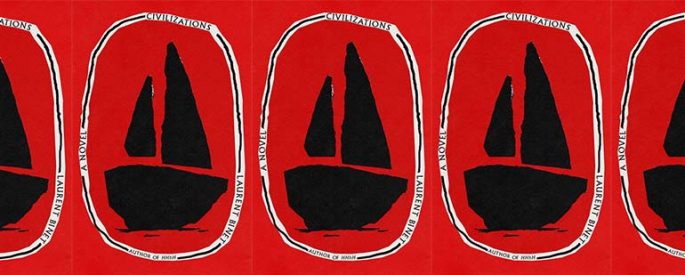
The elaborate counterfactuals of Binet’s newest novel, which contemplates a Spanish conquest in reverse, offer a recursive vision of history: you can swap out the protagonists, but the processes of social atomization and economic consolidation unleashed by globalization will propel us into the modern era regardless.
The Case of Janet Lewis
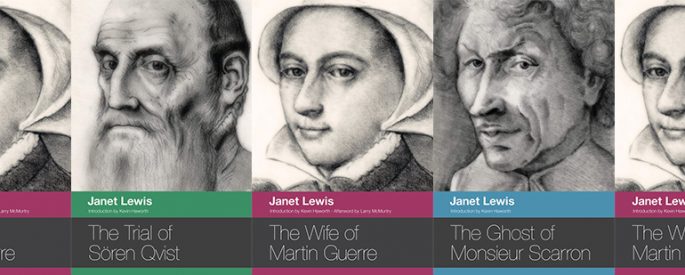
There’s no question that Janet Lewis’s novels represent major contributions to the midcentury canon that remain astonishingly unheralded, perhaps in large part due to the difficulty of pinning them down.
The Uncategorizable Filthy Animals
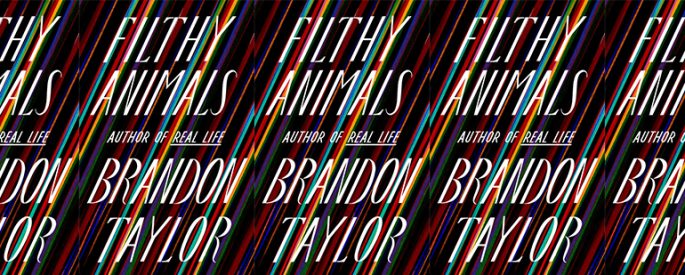
Brandon Taylor’s second book and first story collection, coming in quick succession to his Booker Prize-shortlisted novel, reads like a landmark of millennial fiction, revealing an even clearer picture of the expansiveness of Taylor’s vision than his rigorously structured debut.
Revisiting The Oasis
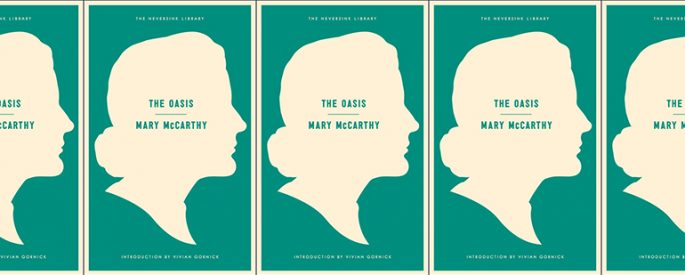
Mary McCarthy’s 1949 novel is not just a story about personal failings and internecine squabbling—it’s also a stark warning about intellectual capture, about what can be lost if you don’t approach politics with a healthy dose of skepticism.
Revisiting Tinker Tailor Soldier Spy
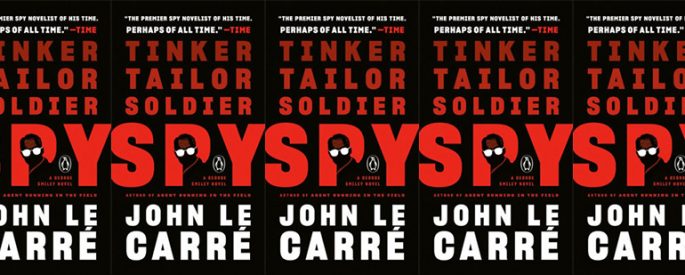
“When John le Carré died in December, I was drawn to revisit his 1974 espionage masterpiece. Its plotting was just as crystalline as I’d remembered, yet its enduring power didn’t lie, I realized, in its structure or entertainment value, but in the lucidity of its politics and moral investments.”
“What are the conditions of contemplation to exist in an alien planet?”: An Interview with Mauro Javier Cárdenas
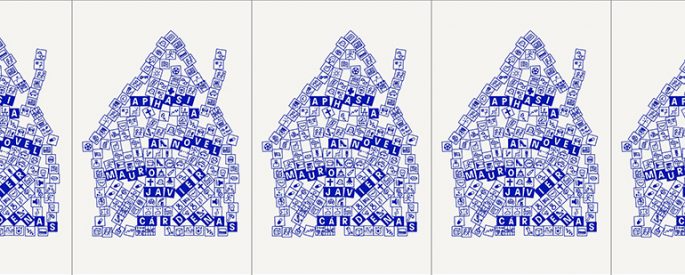
Reading Cárdenas’s second novel, with its intricately patterned sentences circling obsessively around an absent center, it’s hard to shake the feeling that the author has done something remarkable, inventing an entirely original language for representing the fractured sensation of being conscious in the twenty-first century.
The Caretaker by Doon Arbus
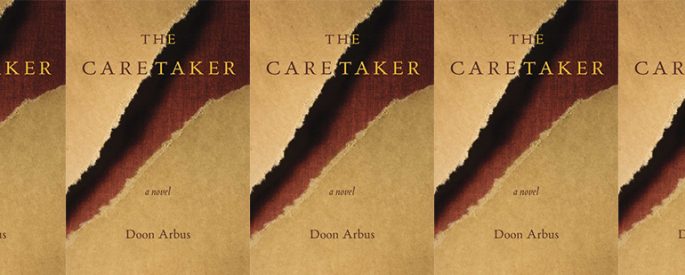
Doon Arbus’s debut is an enigmatic and necessary book, especially for those conflicted about the physical detritus accumulated over the course of a life.
True Love by Sarah Gerard

Gerard’s novel is a fascinating read for anyone looking to understand the world we’ll inhabit when the smoke of the Trump era clears—in particular, the world that’s being left to young people.
- 1
- 2